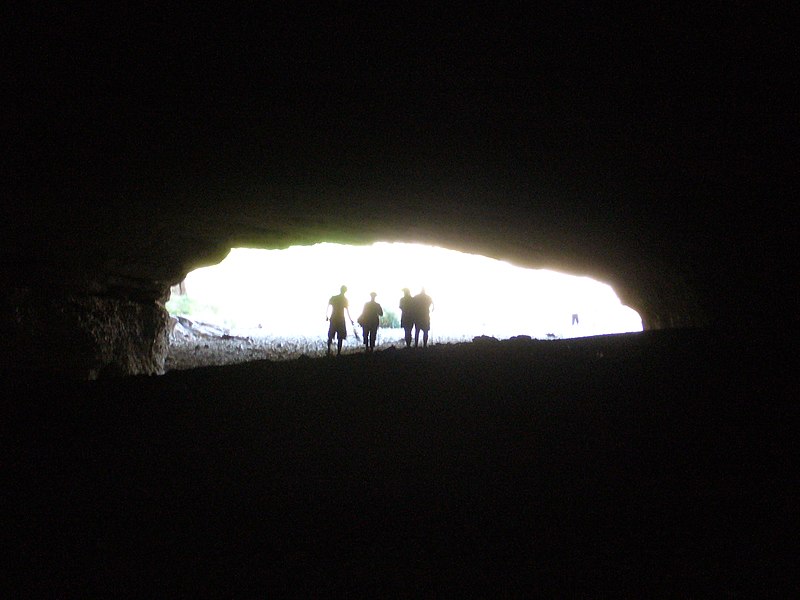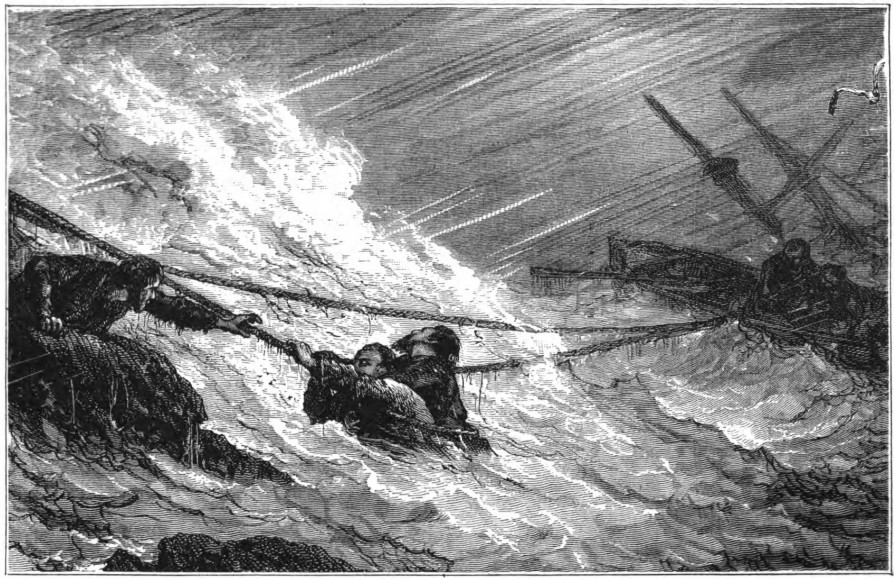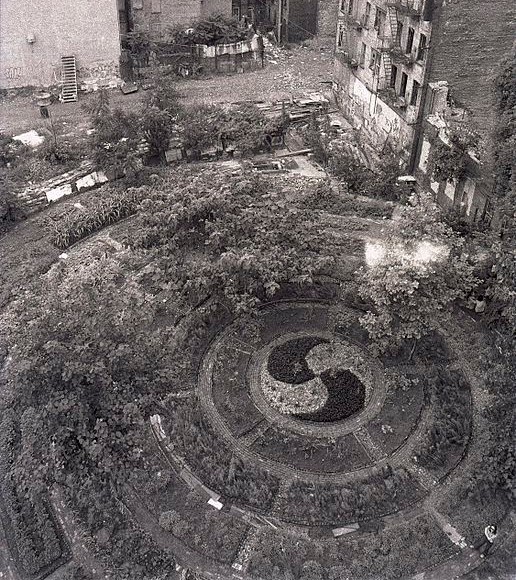Mathematician Norbert Wiener entered university at age 11 and earned a doctorate at 17, but he was 7 years old before he learned that Santa Claus does not exist. From his 1953 memoir Ex-Prodigy:
“At that time I was already reading books of more than slight difficulty, and it seemed to my parents that a child who was doing this should have no difficulty in discarding what to them was obviously a sentimental fiction. What they did not realize was the fragmentariness of the child’s world.”
In his 1909 autobiography Memories of My Life, Francis Galton remembers a boarding school to which he was sent at age 8:
“In that room was a wardrobe full of schoolbooks ready for issue. It is some measure of the then naïveté of my mind that I wondered for long how the books could have been kept so fresh and clean for nearly two thousand years, thinking that the copies of Caesar’s Commentaries were contemporary with Caesar himself.”
In Fragments of Genius, his 1989 survey of the feats of idiots savants, Michael Howe notes that a study of 8-year-olds who were exceptional chess players showed that they were perfectly normal in other spheres. “And the transcripts of interviews in which highly gifted young adults talk about their childhoods, supplemented by interviews with their parents, are full of testimonies to the extreme ordinariness of the individuals, outside their particular area of special talent.”




